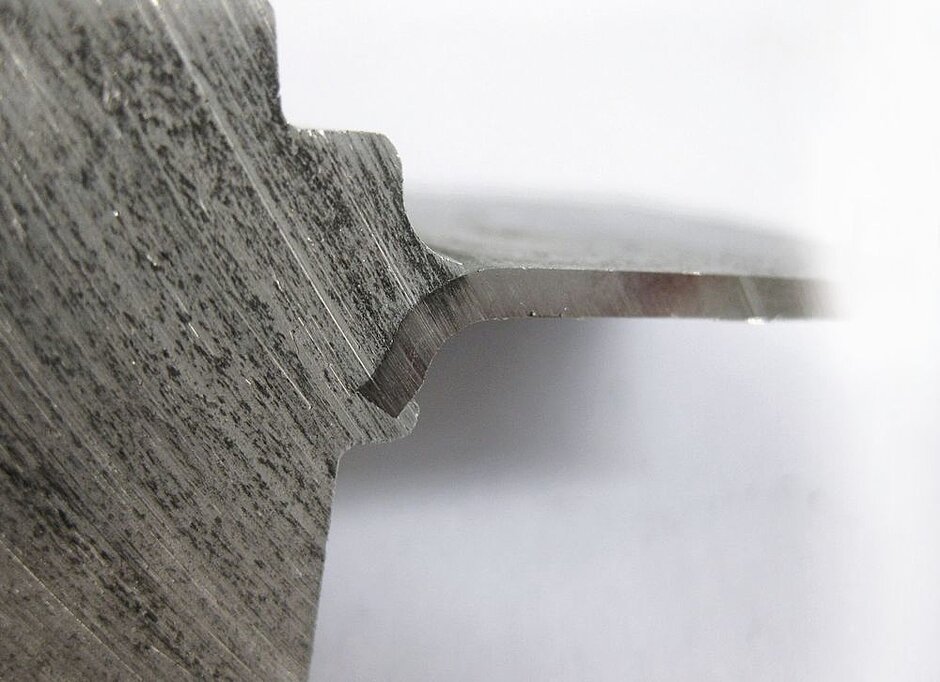Car manufacturing is developing more and more towards lightweight construction. Not all parts of a car can be made out of lightweight materials such as aluminium, making it necessary to combine materials with different properties. Researchers in Hanover now are developing a proccess in which bulk aluminium can be bonded with steel sheets already during forming.
In co-operation with the Institute of Welding and Machining (ISAF) of TU Clausthal, the Institut für Integrierte Produktion Hannover (IPH) gGmbH is developing a novel forging process for lightweight car manufacturing. The researchers' aim is to create a material bond between steel sheets and bulk aluminium parts already during the forming process – without the need for an extra joining step. This would contribute to a faster and more efficient production of load-optimised components.
Hybrid compound forging is the first process that combines two lightweight construction approaches, namely creating a material bond between steel sheets and bulk parts, and employing different materials with different properties – such as lightweight aluminium and strong steel.
The researchers' idea is to form and join a steel sheet and a solid aluminium stud in one process step to make the process more efficient. Before, there had to be two steps: First, the single parts had to be formed individually. In a second step, these parts had then to be joined, for example by using stud welding. The idea of hybrid compound forging is to eliminate the subsequent joining step – and facilitate a faster and more efficient production of lightweight components.
When designing the novel lightweight production process, IPH and ISAF have to meet two challenges: Since aluminium has a considerably lower melting point than steel, the joint-forming process is more complicated. Moreover, the mixing of steel and aluminium creates brittle intermetallic phases. In this state, the material bond is not strong enough and therefore unsuitable for car manufacture. The solution of the researchers for this problem was to integrate another material: The researchers employ zinc-plated steel sheets and aluminium studs. Zinc firmly bonds to aluminium as well as to steel without creating brittle phases.
Within the scope of the research project "Hybrid Compound Forging", the researchers' task is to determine the most suitable process conditions – i.e., optimal temperature, pressure and speed for successfully forming and joining the two parts. They also try to identify the suitability of the novel process with respect to different types of sheet thicknesses and stud shapes. Another topic is to determine the joining zone's capacity to withstand loads as well as the machinability of the hybrid part after joining.
Lightweight construction plays an important role in the future
In future, hybrid compound forging could be used in the automotive and aerospace industry to produce components, such as longitudinal beams, tail lamp mounts or cargo tie-down rings. Lightweight construction plays an important role in the automotive and aerospace sector: Lesser weight means lower fuel consumption.
Over the years, the Institut für Integrierte Produktion Hannover (IPH) gGmbH has been dealing with various lightweight approaches in sheet and bulk metal forming, like for example cross-wedge rolling and hydroforming of hybrid steel and aluminium parts. The researchers have already succeeded in combining sheet and bulk metal parts of different materials in one single forming step – but only as a prototypic form-fit connection between steel sheet and aluminium stud.
In the current research project, "Hybrid Compound Forging", the researchers are going for a material bond using zinc as filler material, which also offers advantages as to contact corrosion in the steel-aluminium material combination.
Source: www.etmm-online.com
×


